Infosecurity News
BT Picks Former GCHQ Man as New Head of Cyber
Les Anderson spent 27 years developing security capabilities for likes of MoD and GCHQ.

Soraya Malware Combines Worst of ZeuS and Dexter to Grab Card Data
Arbor Networks uncovers slick new malware targeting point of sale systems.

New Script Kicks Google 'Glassholes' Off the Network
Engineer writes simple program to scan for and de-authorise Google Glass wearers.
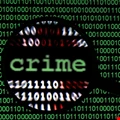
International Law Enforcement Sinkhole GameOver Zeus and CryptoLocker Botnets
The takedown was successful, but disruption may only last a week or two.
FireEye Unearths More Molerats Targeted Attack Campaigns
APT hunter uncovers expanded target list including UK government and BBC

TrueCrypt Lives On as New Team Relocates to Switzerland
True believers looking for volunteers with a view to forking the code.
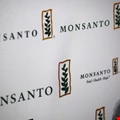
Monsanto Sprouts Data Breach Affecting Thousands
The agri-com and biotech giant has launched a forensics investigation.
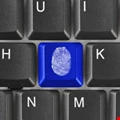
Significant Percentage of Ex-employees Can Still Access Privileged Information
Cavalier attitudes to password management, even for ex-employees, pave the way to a new era of data breaches.

Sacrebleu! French Spooks Snoop on US Execs’ Docs
Former defense secretary gates says French are most ‘capable’ hacking nation after China.
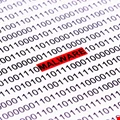
Malware Breaks All Records in Q1 2014
Staggering numbers of new samples appearing daily.
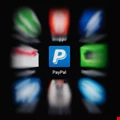
PayPal Phishing Scam Evolves into Sophistication
A PayPal phish evolves before researchers' eyes.

ICO Names and Shames Student Loans Company After Multiple Data Leaks
SLC sent personal data including medical records to the wrong people

Malware Callbacks Point to Heavy Cyber Attack Barrage During Crimea Crisis
FireEye data shows communications back to C&C servers in Russia and Ukraine spiked as geopolitical tensions heightened.
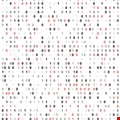
House Moves to Sever Crypto-ties Between NSA and NIST
An amendment to the FIRST Act looks to restrict NSA access to standards process.

New Web Vulnerabilities Expose eBay User Data Again
Internet giant eBay is hit with fresh revelations over preventable flaws in its website.

Lowe's Warns Of Cloud-related Data Compromise
An insecure backup incident affects 35,000 employees over a period of nine months.

Outlook for Android Leaves Private Messages Wide Open for Stealing
The flaw in mobile app development plagues many messaging apps.

(ISC)² Announces GISLA Award Finalists for Government Security
(ISC)² will honor excellence in advancing the nation’s public-sector cybersecurity posture on June 3.

New Security Fears Over Keyboard and Trackpad Data Retention
Privacy International warns that various PC components could retain data, raising concerns over recycled IT kit.

Slick $5K Malware-as-a-Service Takes Over Android to Steal Financial Data
The powerful iBanking Android malware spreads beyond Russian cyber-gangs.



